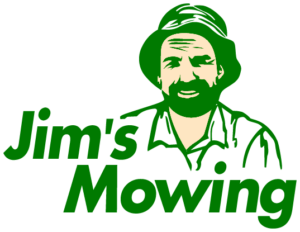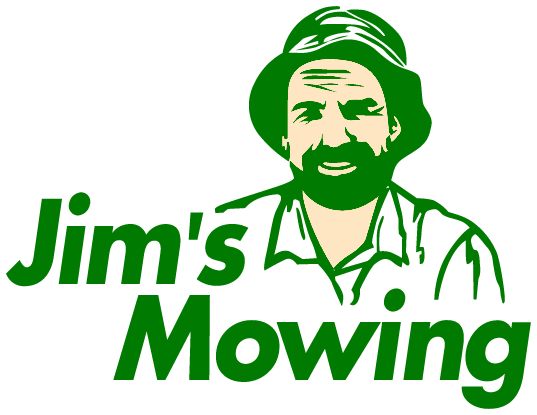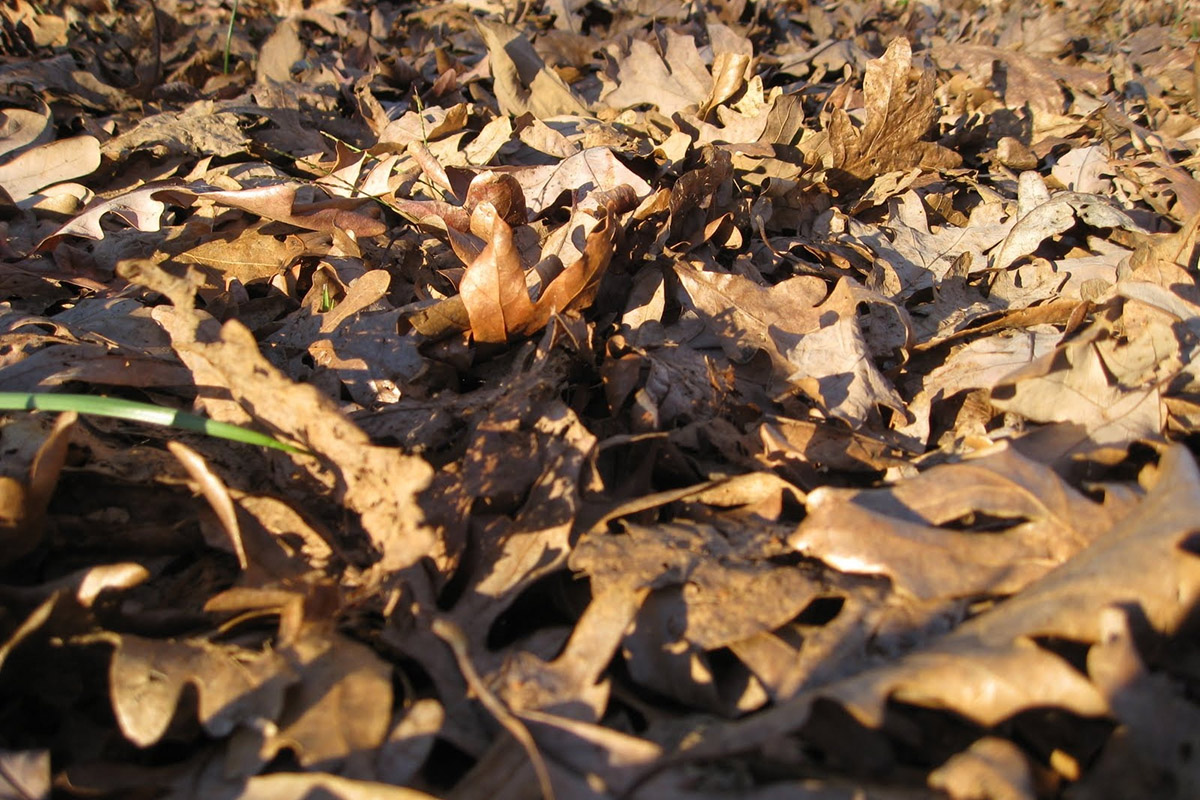
In British Columbia, particularly in regions like the Lower Mainland, Vancouver Island, and the Okanagan, the approach to fall leaf management can significantly impact lawn and garden health due to the area’s varying climates. While mulching is often praised for its environmental benefits and efficiency, raking— the traditional method of leaf removal—still holds considerable advantages, especially when tailored to the specific needs of these distinct climatic zones.
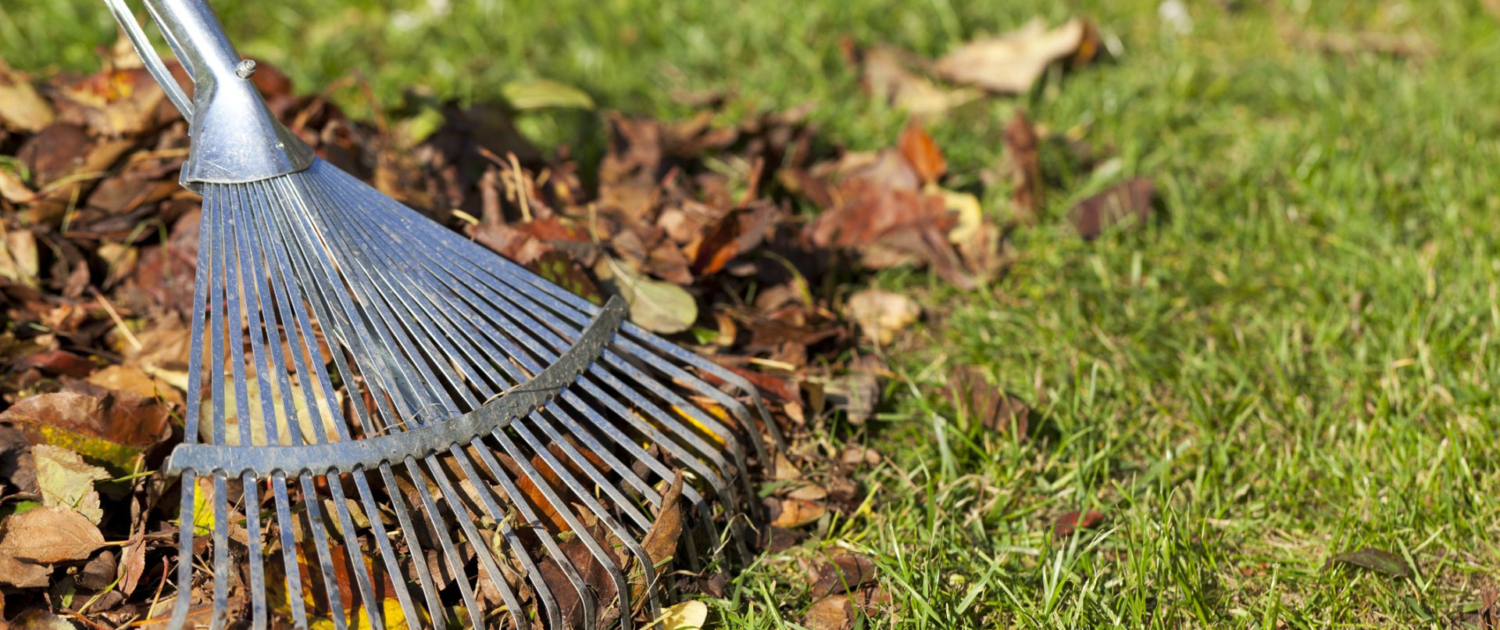
Raking A Closer Look at Its Benefits
Raking A Closer Look at Its Benefits
- Enhanced Disease Control and Pest Management: In the humid and wet conditions of the Lower Mainland and Vancouver Island, fallen leaves can create a damp layer over grass and soil, fostering an environment ripe for fungal diseases and providing hiding spots for pests. Raking removes these wet leaves, reducing disease transmission and pest harborage areas, a crucial step in maintaining the health of gardens and lawns in these regions.
- Maintaining Lawn Health: For the Okanagan’s drier climate, where water conservation is often a priority, and lawns may be less dense, raking helps prevent the smothering of grass. By removing leaves, sunlight can reach the lawn, supporting photosynthesis and preventing the yellowing of grass underneath. This is especially important in the transition from the hot, dry summer to the cooler, but still sunny autumn.
- Aesthetic and Practical Considerations: Across all three regions, the aesthetic appeal of a neatly raked lawn cannot be understated. A clean landscape is not only visually pleasing but also a sign of active property maintenance, which can be important for community standards and personal satisfaction. Moreover, collected leaves can be repurposed into compost or mulch for garden beds, providing a nutrient-rich resource for the following growing season.
- Encouraging Active Outdoor Time: Engaging in raking is a physical activity that encourages homeowners to spend time outdoors, enjoying the crisp autumn air and staying active. This can be particularly appealing in the scenic environments of BC, where the fall season offers a beautiful backdrop for outdoor chores.
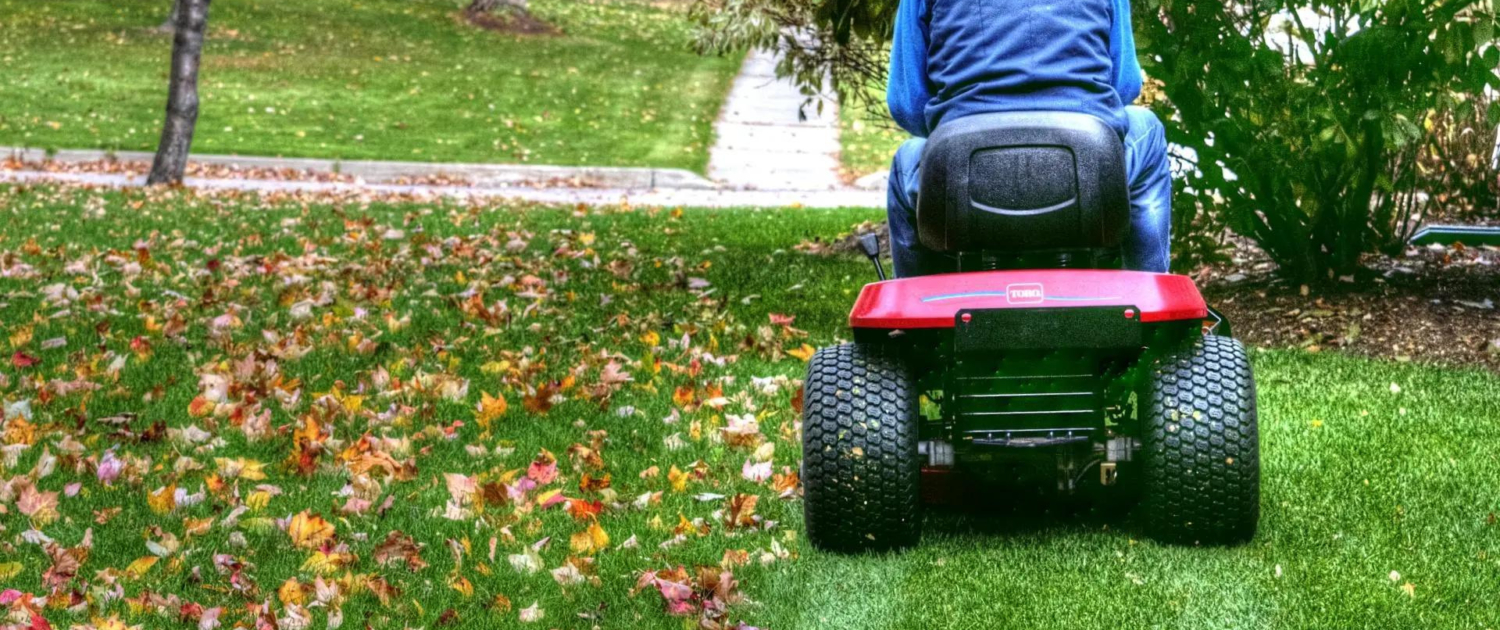
Mulching Understanding Its Role
Mulching Understanding Its Role
While raking offers numerous benefits, it’s important to recognize the role of mulching as a complementary practice. Mulching leaves into the lawn can enhance soil health by adding organic matter and nutrients. However, the effectiveness of mulching can vary by climate. In areas with heavy rainfall, such as the Lower Mainland and Vancouver Island, too much mulch may not decompose efficiently, potentially leading to thatch buildup. Conversely, in the Okanagan, the drier conditions can aid in the quicker decomposition of mulched leaves, providing a moisture-retaining layer that benefits the soil.
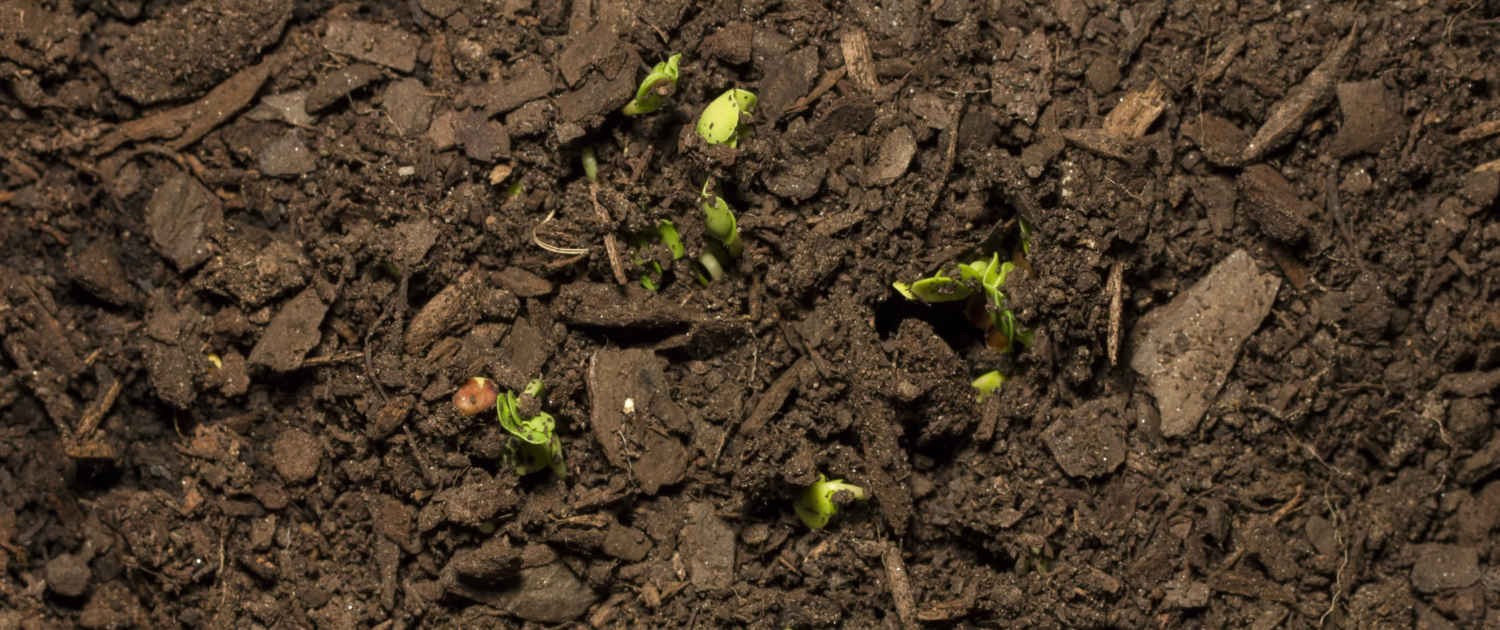
Mulching Over Raking
Mulching Over Raking
In the diverse climates of British Columbia’s Lower Mainland, Vancouver Island, and the Okanagan, the choice between raking and mulching leaves should be informed by both environmental conditions and personal preferences. While mulching offers a quick, eco-friendly method to recycle leaves directly on the lawn, the advantages of raking—ranging from disease control and pest management to aesthetic appeal and the promotion of lawn health—are particularly significant. By understanding the specific needs of their regional climate, BC homeowners can make informed decisions that best support their gardens and lawns throughout the fall season.
